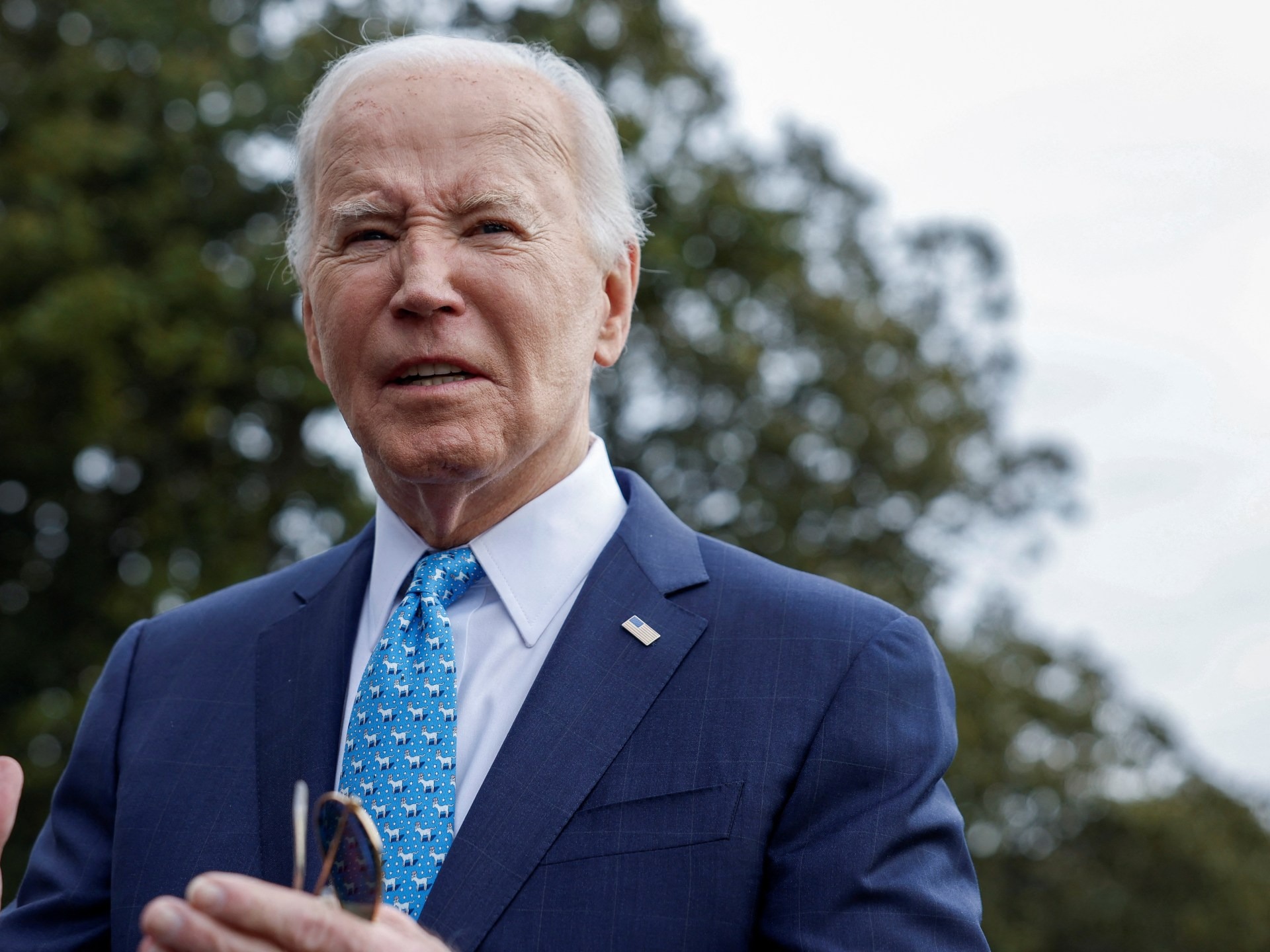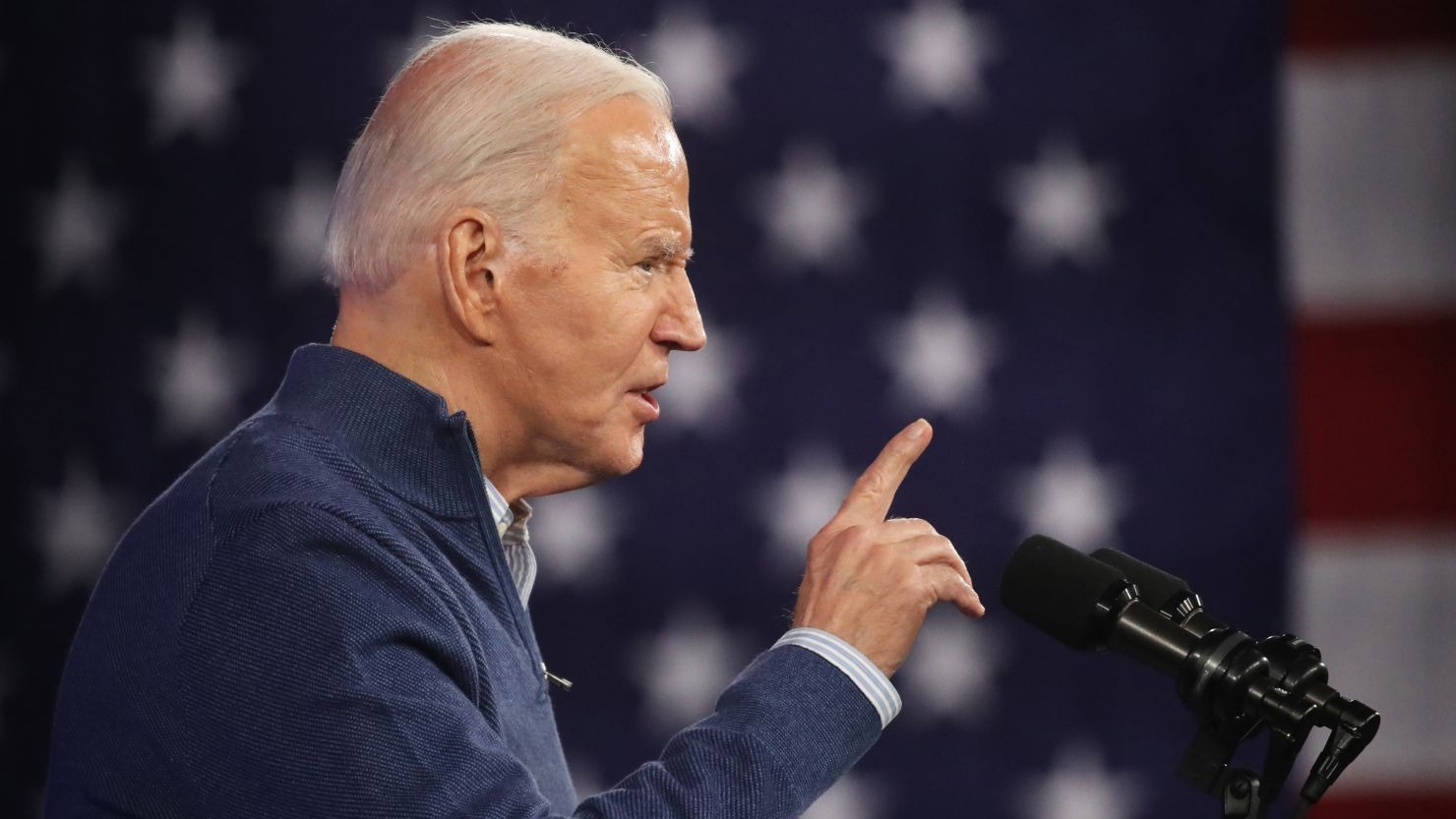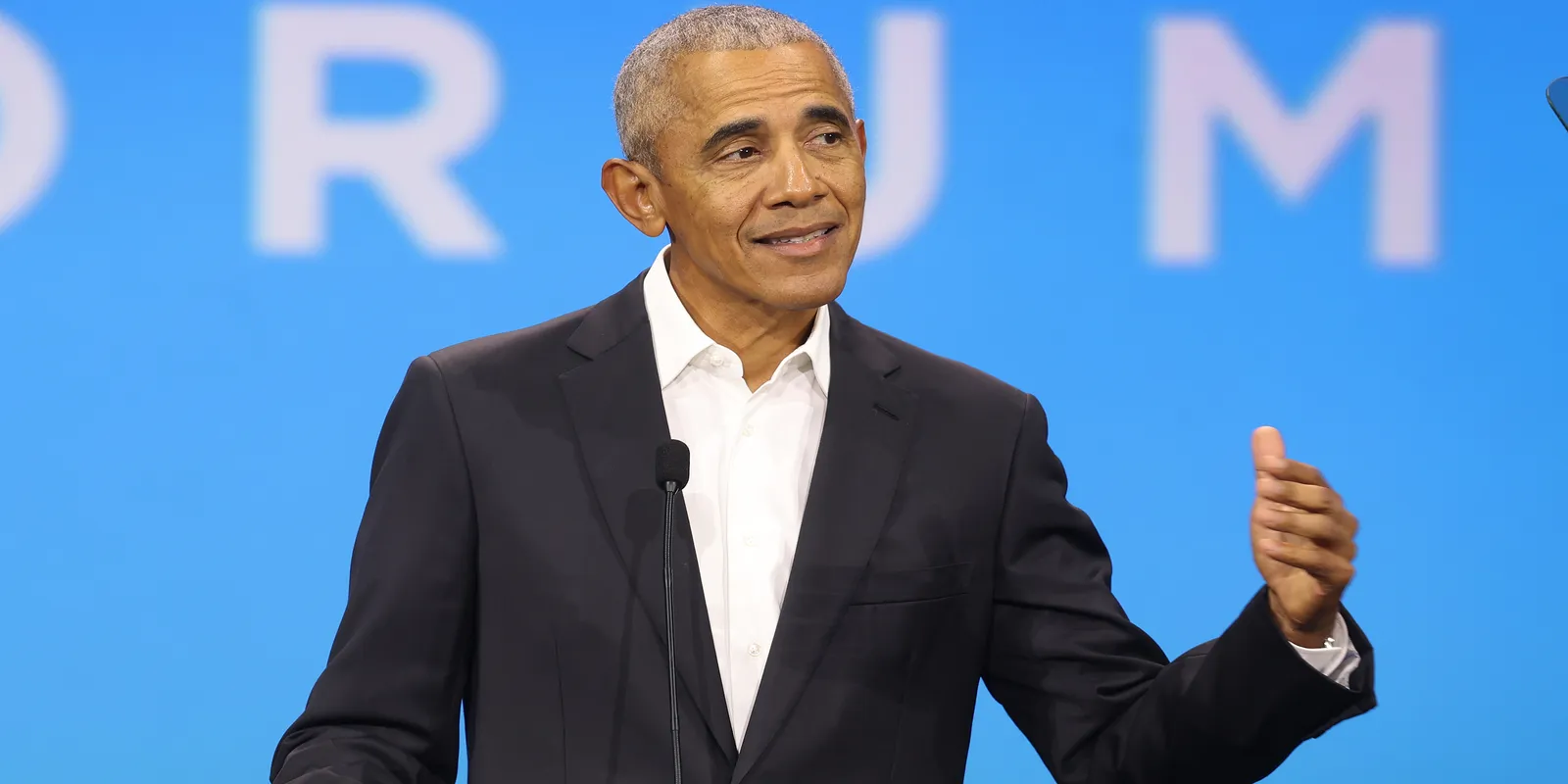David Axelrod, a seasoned political strategist best known for his pivotal role in Barack Obama’s presidential campaigns, has recently voiced concerns over President Joe Biden’s economic messaging strategy.
With the 2024 election horizon drawing closer, where Biden is expected to face off against Donald Trump once again, the economy has naturally taken center stage in the political discourse.
Even though the Biden administration has seen achievements, including job growth post-COVID-19 pandemic, reduced unemployment rates reaching historic lows, and reduced inflation and gas prices from their peak in 2022, a disconnect remains between these accomplishments and the public’s perception of the economy.

President Joe Biden (Credits: Al Jazeera)
Axelrod’s critique centers around this disconnect, particularly among working-class voters who continue to grapple with high living costs, affecting their perception of economic progress under Biden’s leadership.
During a conversation with Bill Kristol, Axelrod expressed his frustration with Biden’s approach to discussing financial issues, explicitly reacting to a moment when Biden, in response to concerns about economic prospects, highlighted the strength of the U.S. economy on NBC’s Today show.
According to Axelrod, this strategy misses the mark. He advocates for a more empathetic messaging approach that resonates with the day-to-day economic challenges faced by working-class families akin to those he experienced growing up in Scranton, Pennsylvania.
Axelrod suggests that Biden should acknowledge the progress made since taking office while also emphasizing his ongoing commitment to addressing the persistent issues affecting people’s wallets, such as the cost of groceries, gas, and rent.

President Joe Biden (Credits: CNN)
This nuanced stance, Axelrod argues, would more effectively align Biden with the economic struggles of working families, demonstrating understanding and solidarity.
The contrast between Biden’s current economic narrative and Axelrod’s proposed strategy underscores the complex task of balancing the presentation of positive economic indicators with the lived experiences of everyday Americans.
As the political landscape heats up in anticipation of the 2024 presidential election, Biden’s ability to connect with voters on economic issues could play a critical role in his campaign’s success.
Axelrod’s critique highlights the importance of empathy and relatability in political communication, especially when addressing the concerns of many Americans that are close to home.























